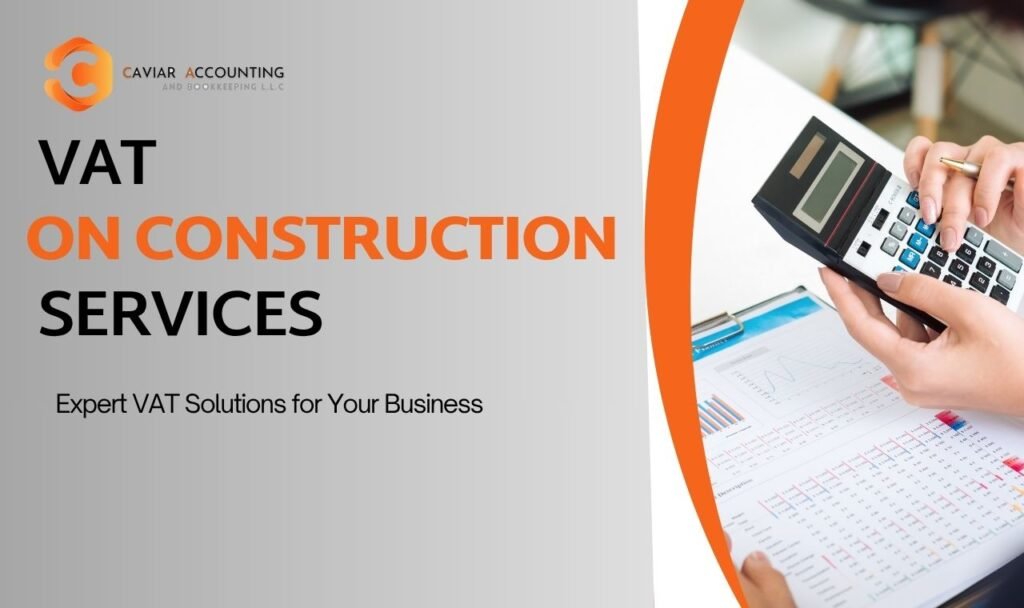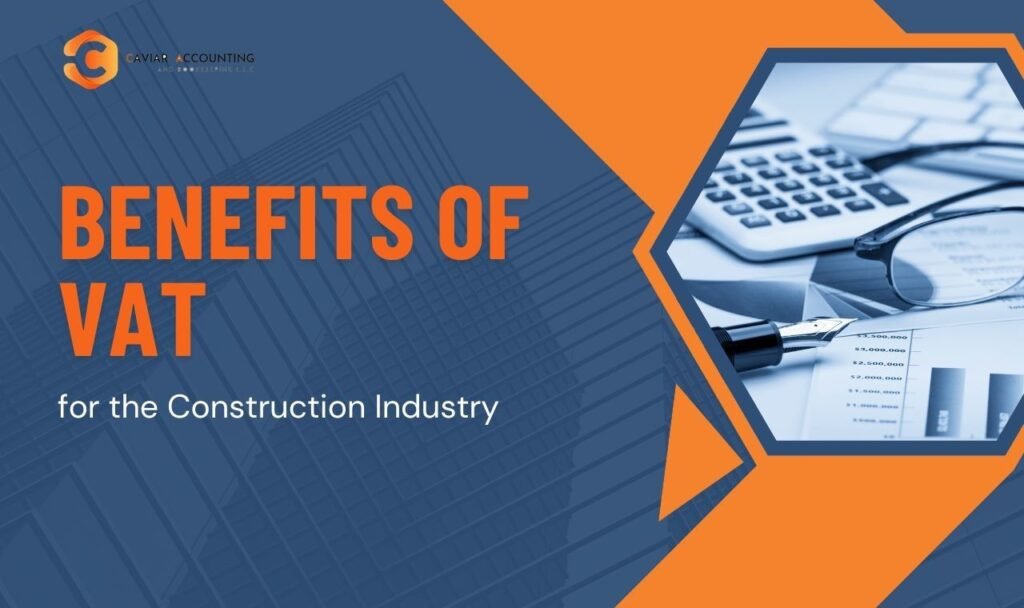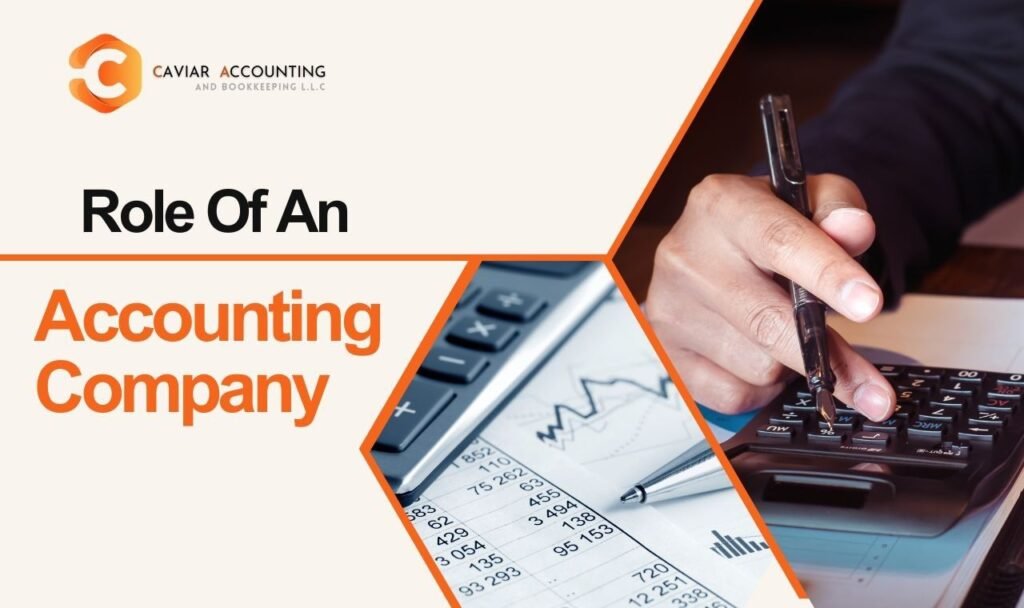VAT ON CONSTRUCTION SERVICES

Since the VAT law was introduced in the UAE on January 1 2018, businesses operating in the construction industry have had to be cautious about the tax system to remain legally compliant. The construction industry is subject to VAT rules that apply to both clients and contractors. Businesses that sell taxable products above the registration threshold (AED 375,000 per year) must be registered with the FTA.
VAT Policies for the Construction Industry
1.Standard-Rated Construction Services (5%)
The normal VAT rate is 5 percent for most construction projects. This includes:
- Building construction and civil works
- Architectural and engineering services
- Management of projects and supervision
- Refurbishments and interior fitouts
- Plumbing, and electrical services
- Contracts for repair and maintenanceConstruction companies have to charge VAT of 5% on tax-exempt services and issue tax invoices in compliance with FTA.
2. Zero-Rated Residential Buildings
According to the UAE VAT Law, the first supply of a newly built residential property (within three years after conclusion) is zero-rated regardless of whether it is through lease or sale. The most important conditions are:
- The building should be designed for residential use.
- It must have been the first occasion on which the property was either leased or sold following construction.
Companies that construct qualified residential projects should determine whether their materials are included in zero-rated transactions and plan their invoicing and VAT returns accordingly.
3.Exempt Supplies
Certain construction materials in the lifecycle might qualify to be not subject to VAT, particularly:
- Leases or sales of residential properties (after the initial supply)
- Bare land transactions
Exempted supplies impact VAT recovery on inputs. Construction businesses that are involved in activities exempt from VAT are unable to claim a full VAT refund on related expenses.
4. Reverse Charge Mechanism
The Reverse Charge Mechanism is a crucial concept in the UAE VAT Law. It applies to construction firms that frequently collaborate with foreign suppliers.
Construction firms that require services from suppliers outside of the UAE (e.g., design consultants, foreign contractors) could need to use the reverse charge system. This could mean:
The recipient based in the UAE pays VAT, not the foreign supplier.
It is recorded as inflow and outflow on VAT returns (with no cash outflow if the VAT is fully recoverable).
The correct application of RCM is crucial to avoid fines or issues with compliance.
Benefits of VAT for the Construction Industry

Although a lot of businesses initially considered VAT as a compliance cost, the benefits for construction firms, contractors, and developers are significant.
Here are the main benefits of VAT in the UAE’s construction industry:
1. Input VAT Recovery on Business Expenses
One of the main advantages of VAT is the possibility of getting back taxes on the input on expenditures incurred for taxable projects. For construction projects, this means that companies can claim back VAT that was paid on:
- Equipment and materials
- Subcontractor services
- Professional consulting
- The logistics and utilities onsite
2.Improved Credibility for Clients and Developers
The fact that VAT compliance is a prerequisite for trusting investors, developers, and government entities. Suppliers and contractors who have been VAT appropriately registered:
- Considered to be more trustworthy business partners
- You can benefit from a competitive advantage in tenders to corporations or the government.
- Invoice and documentation that meet the mandatory standards set by top-tier clients. Meet the requirements of top-tier customers for documentation and invoicing.
3.Stronger Internal Controls and Accounting Practices
VAT implementation encourages construction businesses to:
- Modern accounting systems should be adopted.
- Incorporate a structured workflow for billing and invoicing.
- Track financials at the project and site level more precisely.
Role Of An Accounting Company In VAT On Construction Services

Construction in the UAE operates under complicated contract structures. An accounting firm is essential in assisting construction companies to navigate the UAE VAT system effectively.
No matter if you’re a contractor, developer, subcontractor, or contractor, having a partnership with a professional accounting firm guarantees that your company is in compliance with the requirements of its fiscal obligations, avoids penalties, and improves tax efficiency. Caviar offers expert advice on VAT for construction and building services to ensure businesses remain compliant with UAE tax laws.
1. VAT Registration & Setup
Determine if the company is required to have a registration (based on the turnover threshold)
- Manage the FTA registration process
- Choose the proper classification for your business
- Create appropriate VAT accounting systems to handle invoices, reporting, and tax returns.
2. Contract Review & VAT Structuring
- Examine construction contracts to determine VAT impacts
- Provide advice on the correct VAT clauses in agreements with clients, contractors, subcontractors, etc.
- Make sure that you treat them correctly.
- Advance payment
- Retention amounts
- Progressive billing
- Conditions for residential supplies that have been rated zero
3. Invoicing and Documentation Support
- Help segment taxable vs. exempt or zero-rated supplies
- Offer templates or software guidelines to ensure that your billing is compliant.
4. Input VAT Recovery Optimization
- Determine which costs are suitable to claim input VAT
- Avoid over- or under-claiming VAT
- Advice on mixed-use project allocation (residential vs commercial input VAT)
5. VAT Return Filing & FTA Reporting
- Complete and file VAT returns promptly and on time (monthly or quarterly)
- Reconcile purchases, sales VAT, and sales ledgers
- Respond to FTA inquiries or clarifications during reviews or audits.
6. FTA Audit Preparation and Representation
- Check that processes and documentation are in place for audits
- Represent the construction firm before the FTA in the event that there are any disputes or issues with inspections.
- Fix the errors in filings from the past and take corrective action.
7. Reverse Charge & Import VAT Handling
- Make sure you are using the correct VAT treatment when purchasing imports of materials and services
- Provide advice on the reverse obligation to charge for subcontractors who are not resident in the UAE.
- Help with customs declarations and VAT reconciliation in cross-border transactions.
To know further services, refer to the other pages given below.
accounting services in sharjah, who benefits from vat, UAE corporate tax reform 2025
FAQ
1. What are taxable materials in the construction sector?
Taxable supplies are:
- Services for construction and contracting
- Subcontracting work
- Installation and supply of materials
- MEP services
- Demolition and excavation
- Design, project consulting, and project management
2.What is the reverse charge mechanism?
In everyday situations under normal circumstances, it is the supplier who is responsible for charging VAT and paying it in the form of a tax payment to the Federal Tax Authority (FTA). But, if goods or services are offered by a (foreign) supplier that is not VAT-registered in the UAE, the obligation passes onto the buyer (importer). In this instance, it is the construction company based in the UAE.

